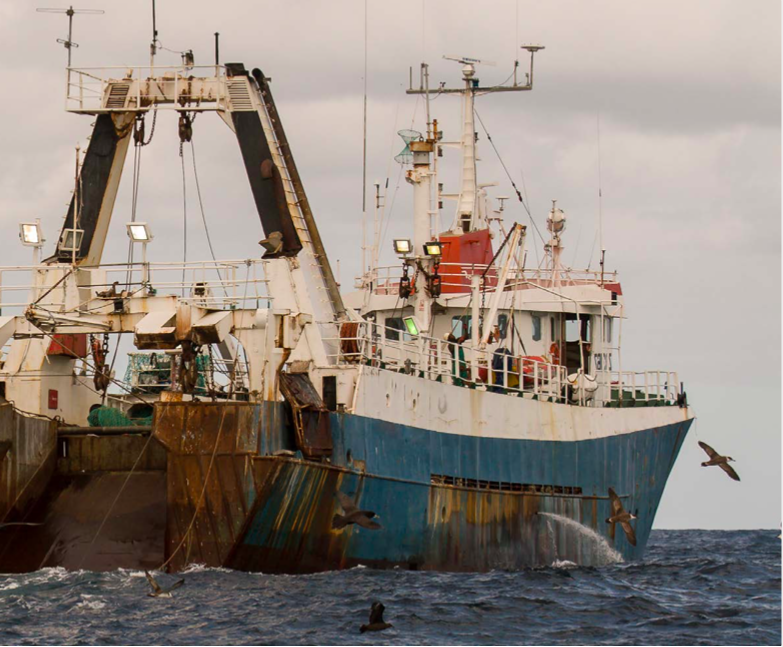
The EU has addressed loopholes that previously allowed its fishing vessels to rapidly and frequently change flags to evade fisheries laws, a new assessment by the EU IUU Fishing Coalition has found. The work evaluates the effectiveness of the Sustainable Management of External Fishing Fleets (SMEFF) Regulation − an EU law adopted in 2018 for the control of EU vessels fishing in non-EU waters. While these findings are positive, the assessment also revealed that lax national fisheries rules and controls in non-EU countries continue to be exploited by EU citizens, with profits from possible illegal catches flowing back to the EU.
Reflagging is the process of changing the flag of a vessel from one country to another. Although this practice is legal, there are several instances where reflagging a vessel could be problematic, such as when the owners of fishing vessels try to bypass fisheries laws or control efforts by opportunistically reflagging their vessel to a country with more relaxed measures.
Non-EU countries that are failing to tackle illegal, unreported and unregulated (IUU) fishing can be issued with a formal warning of trade sanctions by the EU. The study concludes that vessels that have been fishing using the flags of such countries are no longer entering the EU fleet. This means the owners of these vessels cannot profit from the subsidies that the EU pays to fish in the waters of non-EU countries.
However, seafood products caught by vessels fishing in countries that fail to tackle IUU fishing may still make their way to the EU market, or the proceeds of these activities end up in the pockets of EU companies. In other words, EU citizens are likely profiting, without penalty, from countries’ lack of enforcement.
The current lack of transparency on ‘beneficial ownership’ – who ultimately takes home the profits – within the global fishing industry hinders progress in the fight against IUU fishing, as it prevents authorities from determining the ultimate owner of vessels found to be fishing illegally or unsustainably. Although these EU-based beneficial owners may be halfway across the world, they reap the rewards of vessels operating illegally or under lax rules and without oversight, posing a serious threat to the sustainable management of the ocean.
With these findings, the EU IUU Fishing Coalition calls on the EU to make information on who the real owners of a fishing vessel are (i.e. beneficial ownership) publicly available. This should be accessible when there is an overriding interest, such as in cases of possible or proven involvement in IUU fishing operations, corruption, or money laundering. This would prevent EU companies benefiting from lax fisheries rules and control and possibly illegal operations.
Read the full report here.
